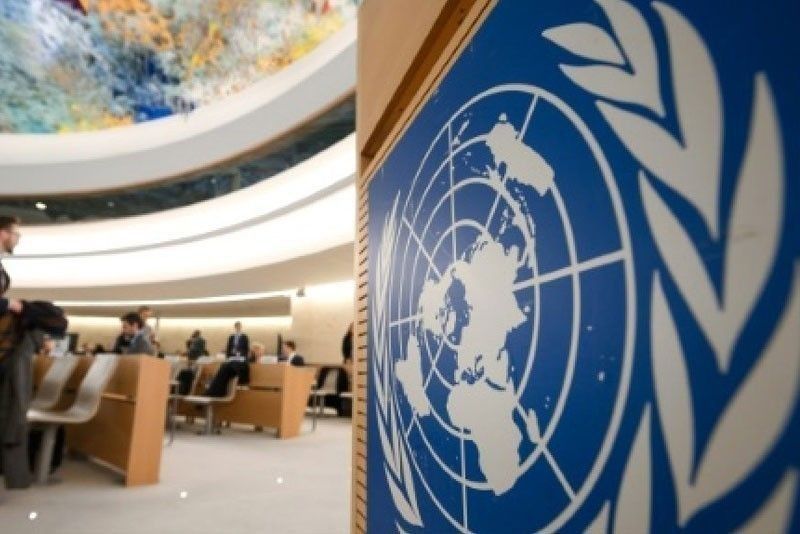UN: Philippines anti-drug, security measures violate rights

MANILA, Philippines — The Duterte administration’s heavy-handed focus on countering national security threats and illegal drugs – exacerbated by harmful rhetoric from top officials – has resulted in serious human rights violations in the country, the United Nations Human Rights Office said yesterday.
“While there have been important human rights gains in recent years, particularly in economic and social rights, the underpinning focus on national security threats – real and inflated – has led to serious human rights violations, reinforced by harmful rhetoric from high-level officials,” the UN Human Rights Office said in a report.
The new report by the UN Human Rights Office noted that many of the human rights concerns it has documented have become “more acute in recent years” as manifested in the “widespread and systematic killing” of thousands of alleged drug suspects and numerous human rights defenders.
“This focus has permeated the implementation of existing laws and policies and the adoption of new measures – often at the expense of human rights, due process rights, the rule of law and accountability,” it added.
Since the government launched its campaign against illegal drugs in 2016, official figures indicate that at least 8,663 people have been killed, with some estimates putting the real toll at more than triple that number.
The UN Human Rights Office has also documented that, between 2015 and 2019, at least 248 human rights defenders, legal professionals, journalists and trade unionists have been killed in relation to their work.
The UN Human Rights Office, after examining key policy documents relating to the campaign against illegal drugs, has found a troubling lack of due process.
It also noted the frequent use of terms like “negation” and “neutralization” to refer to the way of dealing with drug suspects.
“Such ill-defined and ominous language, coupled with repeated verbal encouragement by the highest level of State officials to use lethal force, may have emboldened police to treat the circular as permission to kill,” the report stated.
Police raids on private households were routinely carried out without warrants, and post-operational spot reports examined by the Office indicated that evidence may have been falsified.
An examination of 25 operations in which 45 people were killed in Metro Manila between August 2016 and June 2017 found that “police repeatedly recovered guns bearing the same serial numbers from different victims in different locations,” suggesting some victims were unarmed at the time of their killing.
Arrests of suspected drug offenders have also contributed to a 534 percent prison congestion rate – among the highest in the world.
Meanwhile, presidential spokesman Harry Roque Jr. downplayed UN human rights chief Michelle Banchelet’s expressing alarm over the alleged arbitrary arrests of people who criticize the government’s response to the COVID-19 crisis. Christina Mendez, Elizabeth Marcelo
- Latest
- Trending





























